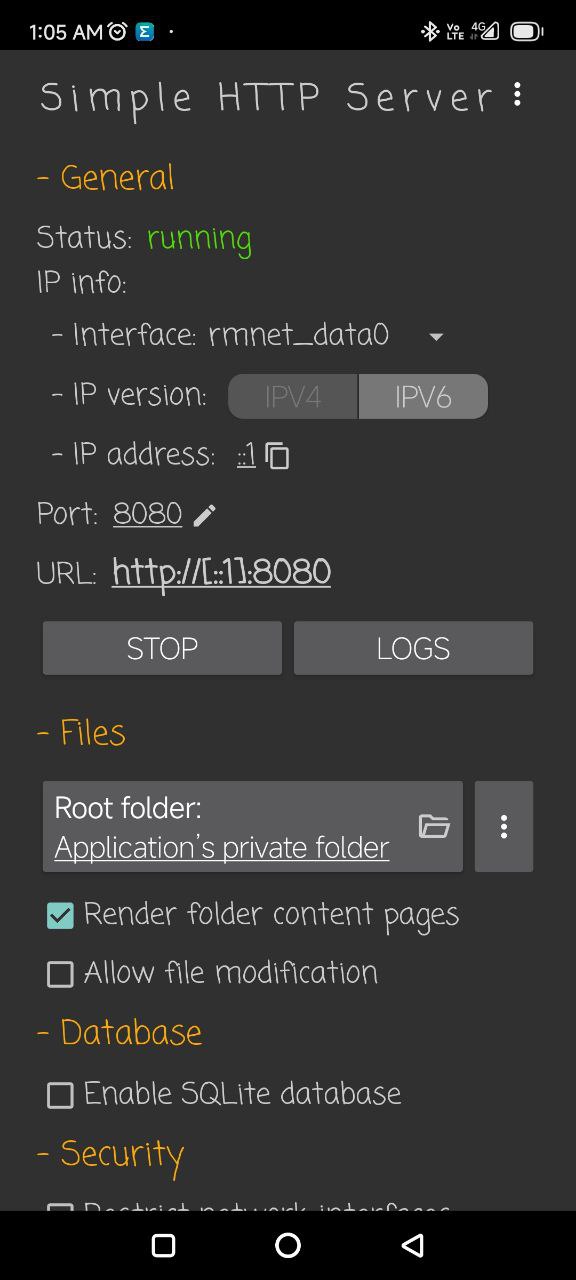self hosted
wordpress
bloggingtools, digitalmarketing, elementor, seo, webdesign, websecurity, websiteoptimization, websiteperformance, woocommerce, wordpress, wordpressbackup, wordpresscustomization, wordpressdeveloper, wordpressplugins, wordpresssecurity, wordpressseo, wordpresssupport, wordpresswebsite, wpbeginner, wpplugins
9M2PJU
0 Comments
The Best WordPress Plugins
Whether you’re building a personal blog, a business portfolio, or an eCommerce empire, WordPress plugins are essential for extending the functionality of your site. But with over 60,000 plugins available in the WordPress repository alone, choosing the right ones can be overwhelming.
🔐 1. Wordfence Security
Best for: Protecting your website from hackers and malware
Price: Free, with premium options
Why Use It:
Wordfence is one of the most popular security plugins for WordPress. It comes with an endpoint firewall and malware scanner that protect your site in real time.
Pros:
✅ Real-time threat defense
✅ Login attempt monitoring and 2FA
✅ Country blocking and IP whitelisting
✅ Regular malware signature updates
Cons:
❌ Can slow down large or high-traffic sites
❌ Advanced features gated behind premium
⚡ 2. WP Rocket
Best for: Speeding up your WordPress site
Price: Paid only
Why Use It:
WP Rocket is a top-tier caching plugin known for its simplicity and effectiveness. It improves page load times, boosts SEO, and enhances user experience.
Pros:
✅ One-click setup
✅ Page, browser, and object caching
✅ Lazy load for images and videos
✅ Database cleanup and CDN integration
Cons:
❌ No free version
❌ Might conflict with other performance plugins
🔍 3. Yoast SEO
Best for: On-page SEO optimization
Price: Free, with premium upgrade
Why Use It:
Yoast helps your content rank better by offering SEO suggestions, readability checks, and schema.org markup.
Pros:
✅ XML sitemap generation
✅ Snippet previews for Google search
✅ Readability and keyword analysis
✅ Schema integration
Cons:
❌ Can be overwhelming for beginners
❌ Some SEO features are locked in premium
🛒 4. WooCommerce
Best for: Creating online stores
Price: Free core with paid extensions
Why Use It:
If you’re selling products or services, WooCommerce is the go-to solution. It transforms your WordPress site into a full-featured online store.
Pros:
✅ Highly customizable and scalable
✅ Large marketplace of themes and extensions
✅ Seamless WordPress integration
Cons:
❌ Complex for non-tech users
❌ Requires multiple plugins for full functionality
🎨 5. Elementor
Best for: Drag-and-drop page building
Price: Free, with Pro version
Why Use It:
Elementor makes it easy to design custom pages with a visual editor — no coding required.
Pros:
✅ Intuitive UI
✅ Responsive design controls
✅ Large library of widgets and templates
✅ Works with most themes
Cons:
❌ Can slow down your site if overused
❌ Some critical features are pro-only
💾 6. UpdraftPlus
Best for: Website backups
Price: Free, with premium options
Why Use It:
UpdraftPlus simplifies backups by allowing you to schedule and store them in cloud storage like Google Drive, Dropbox, or Amazon S3.
Pros:
✅ Easy backup and restore
✅ Multiple remote storage options
✅ Scheduled backups
Cons:
❌ Interface could be more beginner-friendly
❌ Incremental backups only in premium
📈 7. MonsterInsights
Best for: Google Analytics integration
Price: Free, with pro version
Why Use It:
MonsterInsights makes it easy to track website visitors, eCommerce data, and traffic sources — all from your WordPress dashboard.
Pros:
✅ Simple setup with Google Analytics
✅ Enhanced eCommerce tracking
✅ Event tracking without code
Cons:
❌ Free version is very limited
❌ Some reports only available in pro
📊 8. Rank Math SEO
Best for: Advanced SEO without bloat
Price: Free, with Pro plan
Why Use It:
Rank Math is gaining popularity fast thanks to its robust features and clean interface — and most of it is available for free.
Pros:
✅ Built-in 404 monitor and redirection
✅ Focus keyword analysis
✅ Integration with Google Search Console
Cons:
❌ Learning curve for beginners
❌ Risk of feature overlap if switching from Yoast
🧹 9. WP-Optimize
Best for: Cleaning and speeding up your site
Price: Free, with premium option
Why Use It:
This all-in-one plugin helps you clean your database, compress images, and enable page caching.
Pros:
✅ Database cleanup
✅ Image compression
✅ Page and object caching
Cons:
❌ Advanced features require careful handling
❌ Not ideal to use alongside WP Rocket
📬 10. WP Mail SMTP
Best for: Reliable email delivery
Price: Free, with premium features
Why Use It:
Fix your WordPress email issues by using real SMTP services (like Gmail, SendGrid, Mailgun).
Pros:
✅ Ensures email deliverability
✅ Supports multiple email providers
✅ Email logging (premium)
Cons:
❌ Free version lacks OAuth for Gmail
❌ Setup can be tricky without technical knowledge
More Notable Mentions
🧾 11. Redirection
Manage 301 redirects and track 404 errors — all for free.
🖼️ 12. Smush
Compress images and enable lazy load without losing quality.
🧲 13. Pretty Links
Create clean, trackable URLs — perfect for affiliate marketing.
🧰 14. Duplicator
Clone or migrate your entire site in a few clicks.
🌐 15. TranslatePress
Translate your site into multiple languages via a visual editor.
📅 16. The Events Calendar
Add events to your site with beautiful calendar views.
💬 17. LiveChat
Talk to your visitors in real time and capture leads.
🧩 18. Advanced Custom Fields (ACF)
Add structured metadata and custom content fields with ease.
🛡️ 19. Sucuri Security
Advanced protection with malware scanning and firewalls.
📁 20. TablePress
Add beautiful, sortable tables without coding.
📝 21. Popup Maker
Create popups for announcements, lead gen, and marketing.
💡 Final Thoughts
With the right plugins, you can turn your WordPress site into a fast, secure, SEO-optimized powerhouse — but choose wisely. Every plugin you install affects your site’s speed, security, and complexity.
🔧 Pro Tips:
- Stick with well-supported, regularly updated plugins.
- Limit yourself to the essentials — more plugins ≠ better site.
- Always back up before testing a new plugin.
Before diving into the vast world of WordPress plugins, it’s crucial to clearly understand your website’s specific needs. Are you building an online store, a portfolio, a blog, or a community platform? Identifying your goals helps you avoid unnecessary bloat and focus only on features that truly matter. Once you know what functionality you’re after—whether it’s SEO, backups, security, or contact forms—you can then explore and compare the best options by searching the official WordPress Plugin Directory. This approach saves time, improves performance, and ensures you’re installing plugins that add real value to your site.







Post Comment